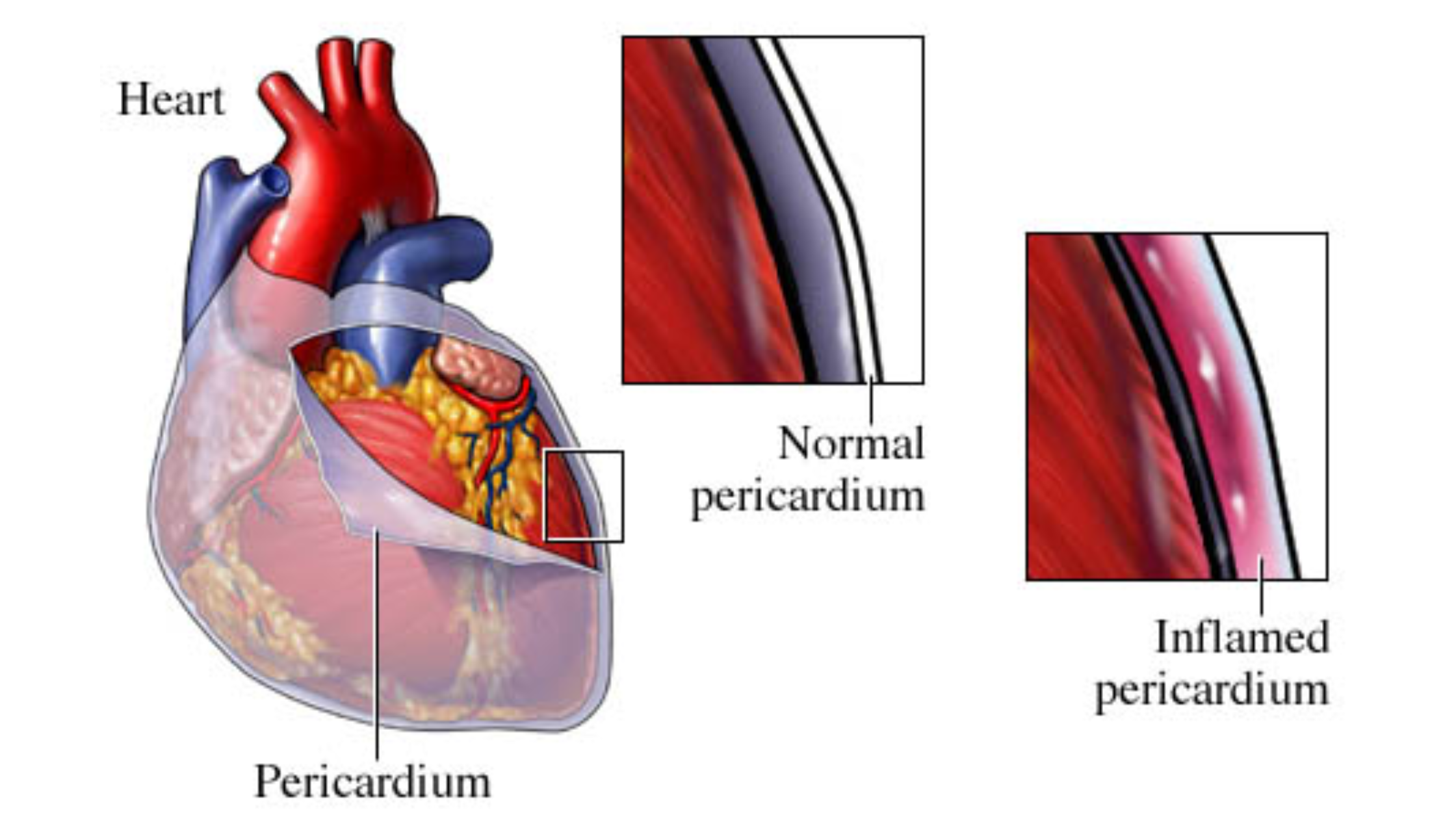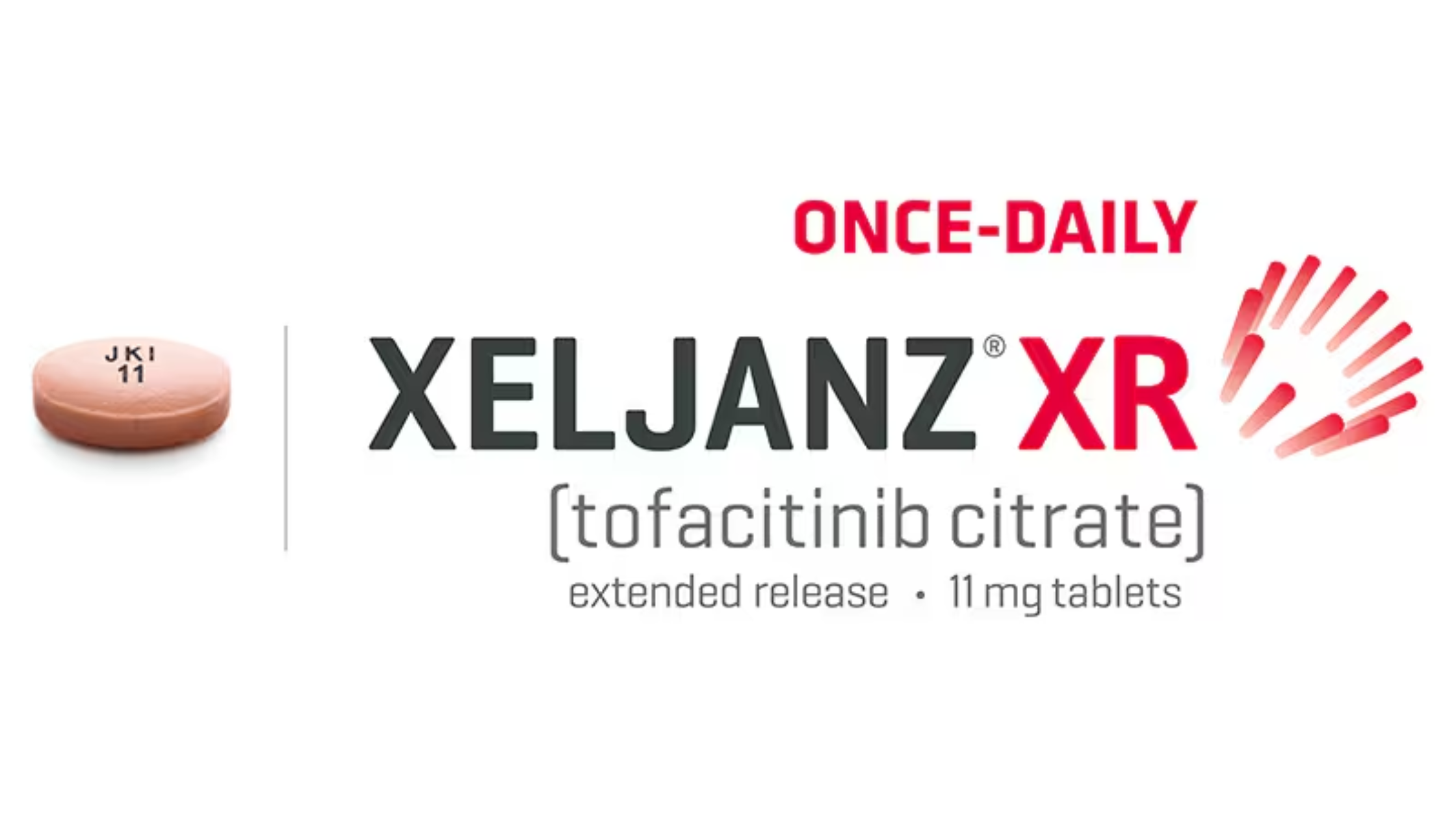Last updated on April 16th, 2025 at 12:27 pm
Antidote medicine plays a crucial role in treating poisonings and overdoses—this guide will help you discover how it works and its wide-ranging applications. Learn about the different types of antidotes, their effectiveness, and their significance in emergency medicine.
When it comes to poisonings and overdoses, antidote medicine plays a pivotal role in saving lives. Understanding the importance and applications of antidotes can help in recognizing their critical function in medical emergencies. This article delves into the essence of antidote medicine, how it works, its various types, and the significant role it plays in counteracting the effects of poisons and overdoses.
What is Antidote Medicine?
Antidote medicine refers to substances that counteract poisons and their effects. These medicines are specifically designed to neutralize the toxic effects of various substances, whether they are ingested, inhaled, or come into contact with the skin. The primary goal of an antidote is to prevent or minimize the damage caused by the poison and to promote the recovery of the affected individual.
How Does Antidote Medicine Work?
The mechanism of action of antidotes can vary depending on the type of poison and the specific antidote used. Generally, antidotes work by:
- Neutralizing the Poison: Some antidotes chemically interact with the poison to neutralize its toxic effects. For example, activated charcoal binds to certain toxins in the stomach, preventing their absorption into the bloodstream.
- Blocking Receptors: Certain antidotes work by blocking the receptors that the poison targets. Naloxone, for instance, is an opioid antagonist that blocks the effects of opioid drugs on the brain’s receptors.
- Promoting Elimination: Some antidotes enhance the body’s ability to eliminate the poison. For instance, chelating agents bind to heavy metals like lead or mercury, facilitating their excretion through urine.
- Reversing Toxic Effects: In some cases, antidotes can reverse the toxic effects of the poison. For example, atropine is used to counteract the effects of nerve agents and certain pesticides.
Types of Antidote Medicines
There are several types of antidote medicines, each designed to counteract specific types of poisons. Some of the most common antidotes include:
- Activated Charcoal: Used to treat certain types of oral poisonings, activated charcoal works by adsorbing toxins in the gastrointestinal tract, preventing their absorption into the bloodstream.
- Naloxone (Narcan): This antidote is specifically used for opioid overdoses. Naloxone rapidly reverses the effects of opioids by binding to opioid receptors in the brain.
- Atropine: Used to treat poisoning by nerve agents and certain insecticides, atropine works by blocking acetylcholine receptors, thus reversing the toxic effects.
- Flumazenil: This antidote is used for benzodiazepine overdoses. Flumazenil works by competitively inhibiting the action of benzodiazepines on the central nervous system.
- Deferoxamine: Used to treat iron poisoning, deferoxamine binds to excess iron in the body, allowing it to be excreted in the urine.
- N-acetylcysteine (NAC): This antidote is used for acetaminophen (Tylenol) overdoses. NAC helps replenish glutathione levels in the liver, which detoxifies the harmful metabolites of acetaminophen.
- Dimercaprol (BAL): Used for heavy metal poisoning, such as arsenic, lead, and mercury, dimercaprol binds to these metals, forming a complex that can be excreted by the body.
Applications of Antidote Medicines
Antidote medicines are crucial in various medical scenarios, particularly in emergency settings. Some common applications include:
- Drug Overdoses: Antidotes are frequently used to treat drug overdoses, such as opioids, benzodiazepines, and acetaminophen. Quick administration of the appropriate antidote can prevent severe complications and save lives.
- Chemical Poisonings: Exposure to toxic chemicals, such as pesticides, industrial chemicals, and household cleaners, can result in poisoning. Antidotes can mitigate the toxic effects and facilitate recovery.
- Biological Toxins: Antidotes are also used to treat poisoning from biological toxins, such as snake bites, insect stings, and marine toxins. Specific antivenoms and antitoxins can neutralize these poisons.
- Radiation Exposure: In cases of radiation exposure, certain antidotes can help reduce the damage caused by radioactive substances. For example, potassium iodide is used to protect the thyroid gland from radioactive iodine.
- Heavy Metal Poisoning: Chelating agents are used as antidotes for heavy metal poisoning. These agents bind to metals like lead, mercury, and arsenic, allowing them to be excreted from the body.
The Importance of Timely Administration
The effectiveness of antidote medicine heavily depends on the timeliness of its administration. In many cases, the sooner an antidote is given, the better the outcome. Delay in treatment can result in more severe symptoms, long-term complications, or even death. Therefore, rapid recognition of poisoning and prompt administration of the appropriate antidote are crucial in medical emergencies.
Challenges in Antidote Medicine
Despite their life-saving potential, antidote medicines come with certain challenges:
- Availability: Not all healthcare facilities have a comprehensive stock of antidotes. Some antidotes may be rare or difficult to obtain, especially in remote or resource-limited settings.
- Diagnosis: Accurate diagnosis of the type of poisoning is essential for selecting the appropriate antidote. In some cases, symptoms may be nonspecific, making diagnosis challenging.
- Side Effects: Some antidotes can cause side effects or adverse reactions. It is important for healthcare providers to weigh the benefits and risks before administering an antidote.
- Cost: Certain antidotes can be expensive, limiting their accessibility to those in need. Cost considerations may impact the availability and use of these life-saving medicines.
Future Directions in Antidote Medicine
Research and development in antidote medicine continue to advance, aiming to improve the efficacy and availability of these crucial treatments. Some promising areas of research include:
- New Antidotes: Scientists are working on developing new antidotes for a wider range of poisons and toxins. Advances in biotechnology and pharmacology are contributing to the discovery of more effective and targeted antidotes.
- Improved Formulations: Efforts are being made to develop antidotes with improved formulations that enhance their stability, ease of administration, and shelf life. This can help in ensuring that antidotes are readily available when needed.
- Personalized Medicine: The concept of personalized medicine is also being explored in the field of antidote therapy. Tailoring antidote treatments based on an individual’s genetic makeup and specific poisoning profile can potentially improve outcomes.
- Education and Training: Enhancing education and training for healthcare providers on the recognition and management of poisonings can improve the timely and appropriate use of antidotes. Simulation-based training and continuing education programs can help in this regard.
Antidote medicine is a critical component of emergency medical care, offering life-saving interventions in cases of poisonings and overdoses. Understanding how antidotes work, their various types, and their applications can help in recognizing their importance in medical practice. While challenges exist, ongoing research and development hold promise for advancing the field of antidote medicine, ultimately improving patient outcomes and saving lives.




Thanks for sharing. I read many of your blog posts, cool, your blog is very good.